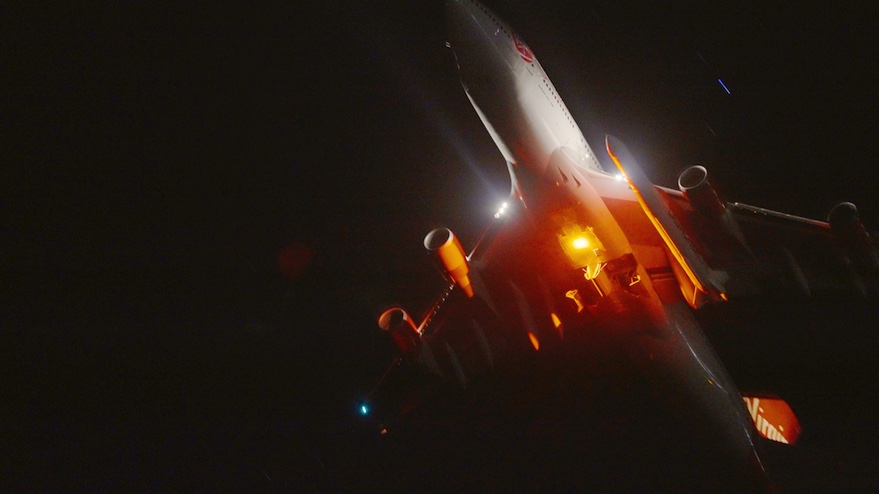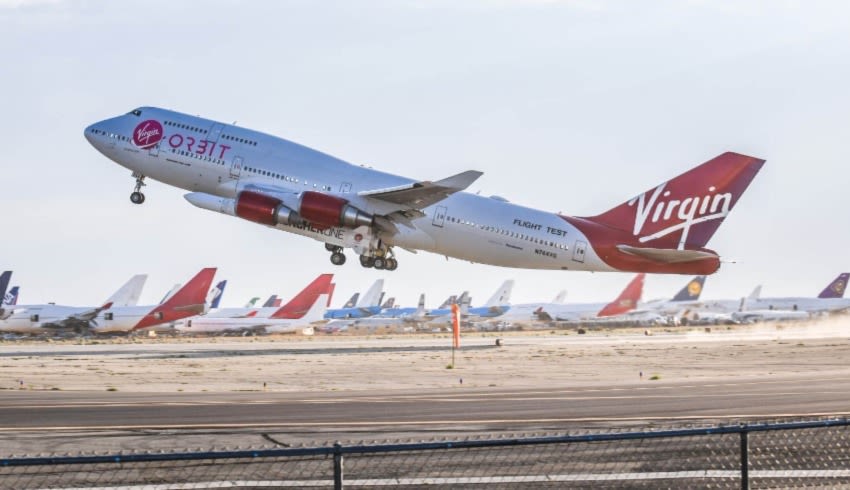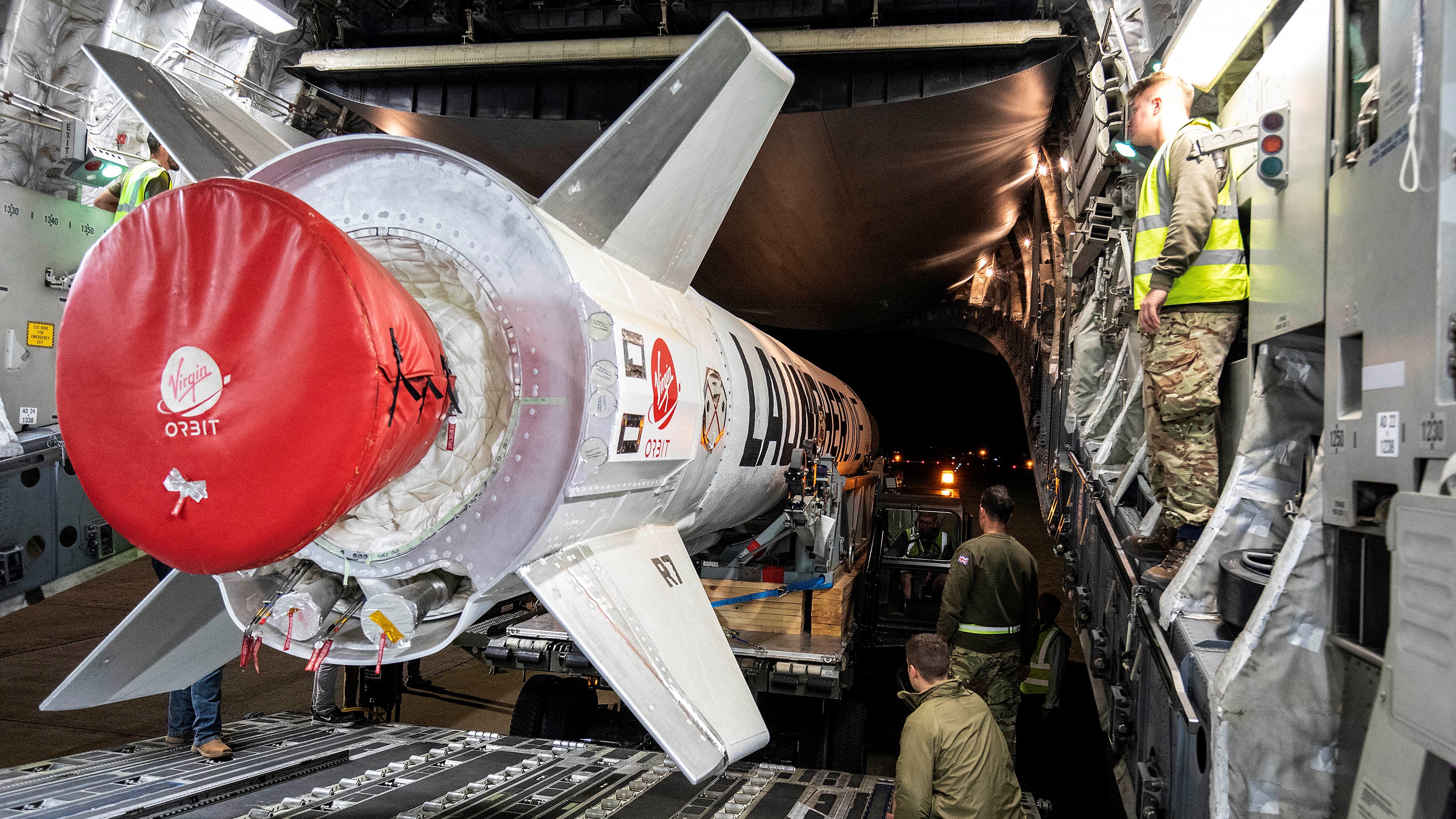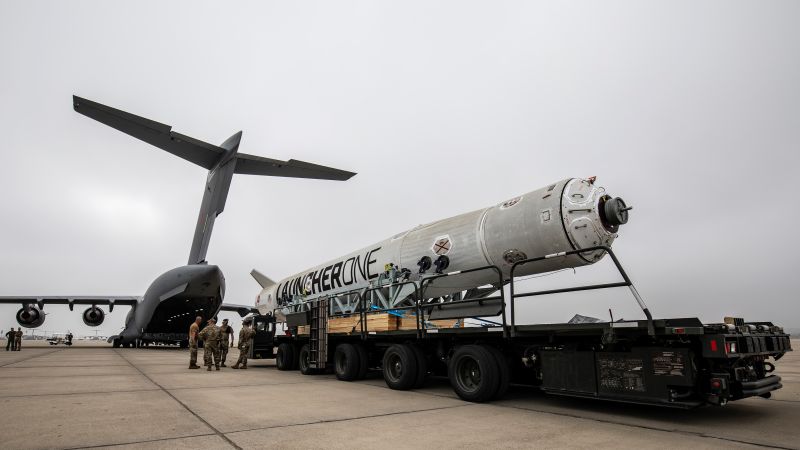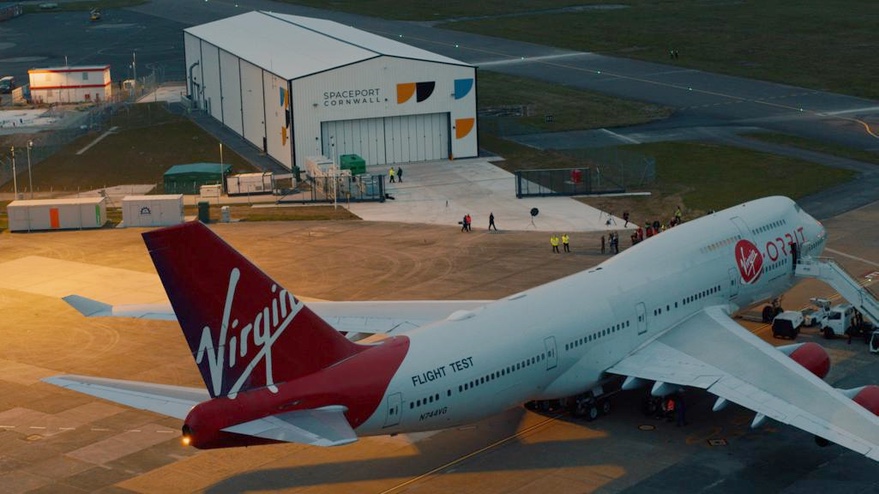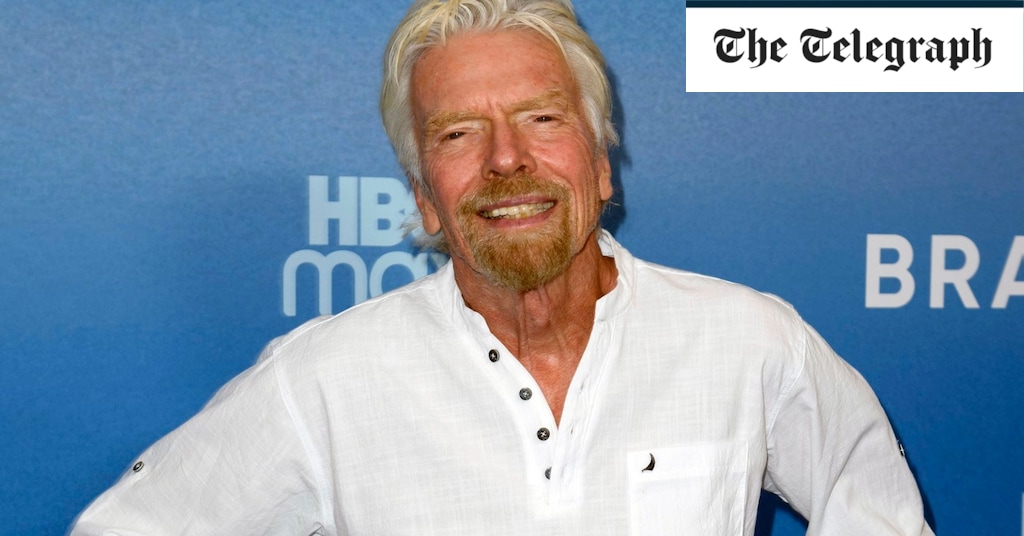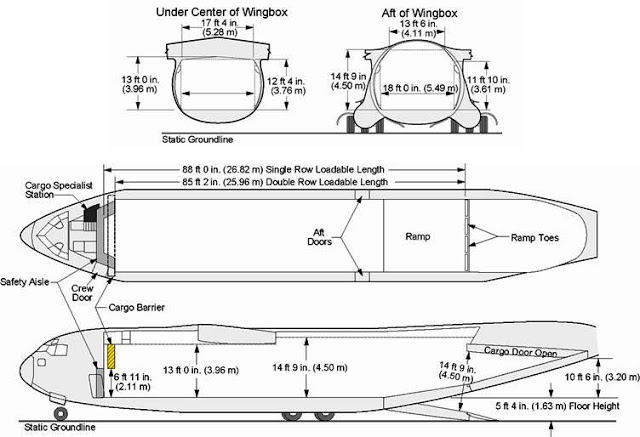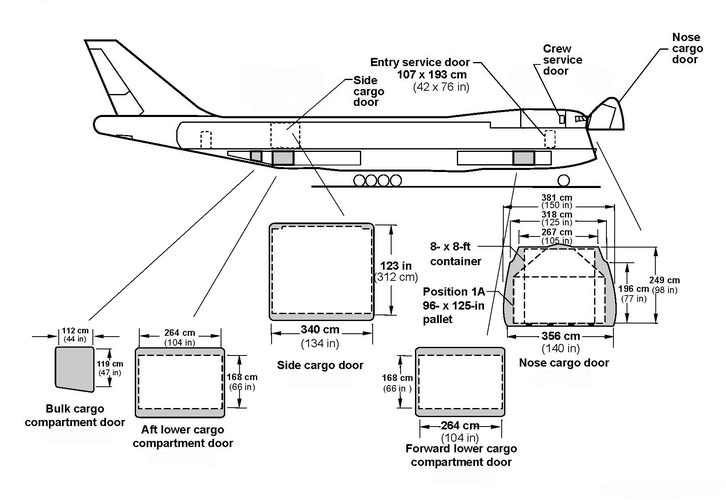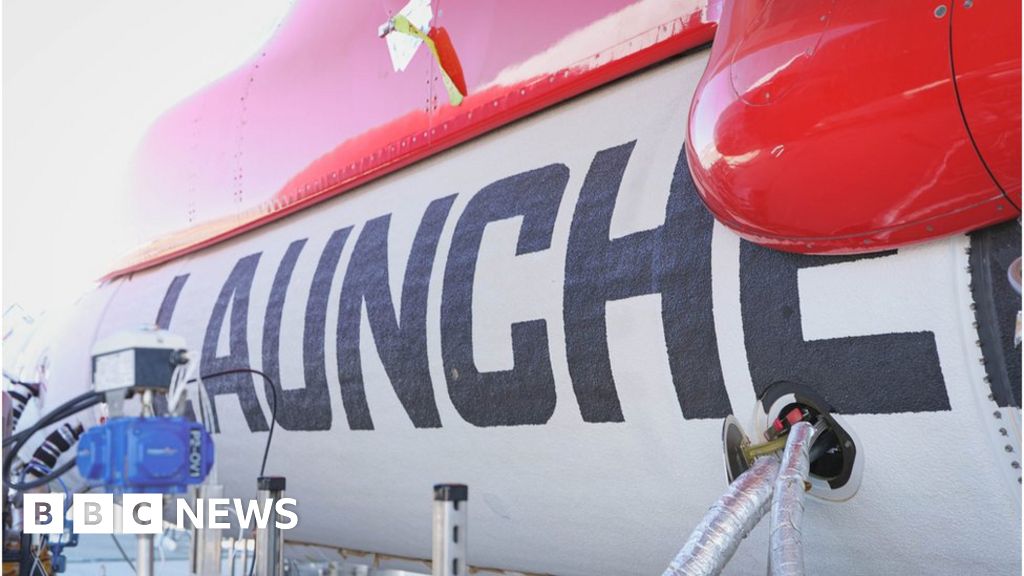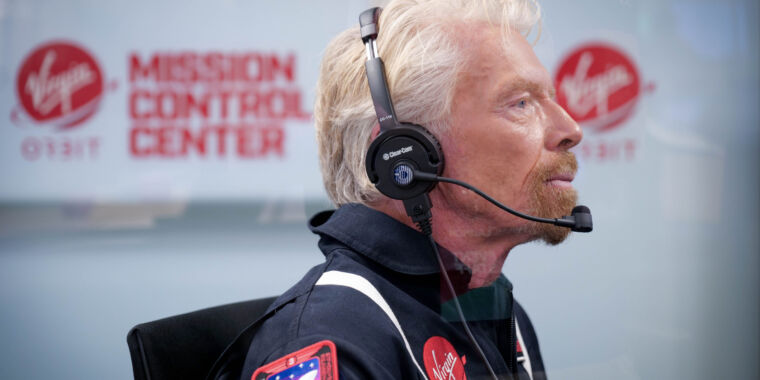- Joined
- 25 June 2014
- Messages
- 1,564
- Reaction score
- 1,453
According to that, they are only expanding by one at the moment, and that is down to anticipated demand rather than operational flexibility.
And it is only a matter of time before they expand the fleet further considering the number of 747's that will be available in the future as the Jumbos are being retired from commercial service around the world.
What planes they buy when the time comes will depend a great deal on the relative pace of change in the space launch and aero engine industries. It may well be that by the time Virgin need their next launcher, or the one after that, the old engines in the 747 will be too polluting to be acceptable and a newer type will be required, either as a re-engined 747 or a whole new airframe to go with them. I'd hate to be a betting man on this one.

